There were three leadership launches in Westminster this morning. Rishi Sunak, the frontrunner, spoke at the QEII Centre; Kemi Badenoch, the rising star, pitched to Policy Exchange. But what of Tom Tugendhat, the longtime backbencher, kicking off his campaign at the BBC’s Westminster studios? How best to describe his place in the Tory leadership race?
The former army officer’s appearance this morning epitomised his strengths and weaknesses within a crowded field. His speech was prepared and heavy on policy: his pitch stressed integrity and the need to win public trust. Having won the backing of Jake Berry, the Northern Research Group chairman, Tugendhat detailed his support for the ‘levelling up’ agenda: a sensible move, given how few leadership candidates have emphasised this to an electorate full of northern Tories uncertain about who to back. Berry seemed impressed, nodding along as his candidate talked about new technical institutions and addressing regional inequality.
Much of what Tugendhat said will be welcomed by Conservatives both in parliament and outside it. He said that the UK must not ‘retreat’ economically and politically as he promised tax cuts to help ease the cost-of-living crisis and a ‘clean start’ following the scandal-hit Boris Johnson years. He said that the British people wanted a government to ‘not only hold the line but to advance their aspirations’ and backed a ten-year strategy for economic growth under which the UK would have ‘the most investment friendly tax system in the OECD within five years.’
Tugendhat only took three questions but handled them competently enough, deploying humour to deflect one about his differences to Boris Johnson. What then of his weaknesses? Much like Nadhim Zahawi’s shaky start, there are concerns about how well Tugendhat will cope under sustained pressure. His tactic of deliberate, slow answers to queries will be unlikely to hold under a barrage of questioning from a hostile interrogator – especially as the contest goes on and internal party opposition becomes more fierce.
There are concerns too as to how comfortable Tugendhat – who backed Remain – is comfortable with the Rwanda deal and potentially breaching international law by ripping up the Northern Ireland Protocol. He has already endorsed the former and called for a ‘clean slate’ with regards to the latter. The Tonbridge backbencher is clearly happy to talk about broad-brush economic policy and has a sound grasp of foreign affairs. But as the campaign goes on, it remains to be seen how effectively he will perform when challenged about more contentious issues.
The MPs who support him are among the most evenly divided, with a similar number of MPs who backed Remain as those who backed Leave. That’s a strength but also a potential weakness too, as Tugendhat seeks to win more of the party right without losing his more moderate supporters. The former army officer will also need a spark of magic if he’s to change the dynamics of the contest: on today’s evidence that was in short supply.
Got something to add? Join the discussion and comment below.
Get 10 issues for just $10
Subscribe to The Spectator Australia today for the next 10 magazine issues, plus full online access, for just $10.



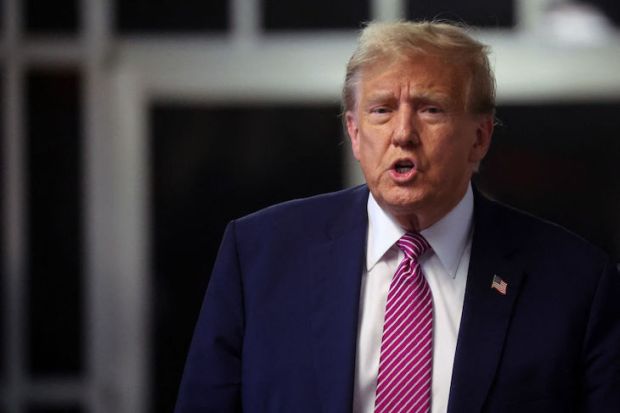
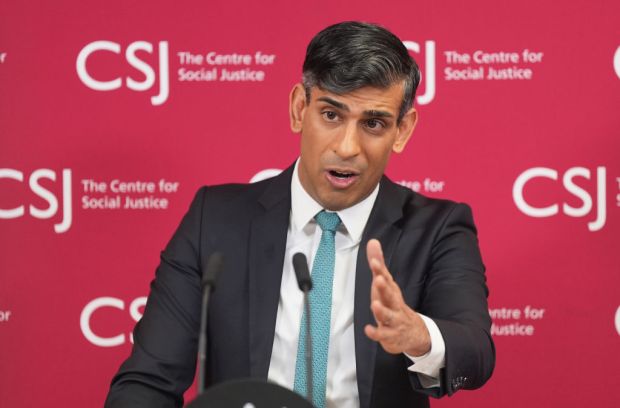
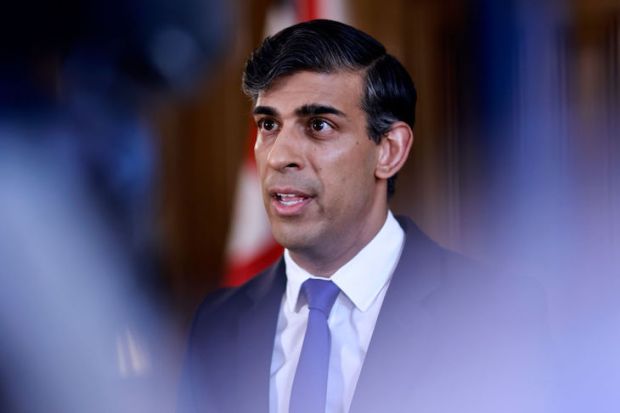
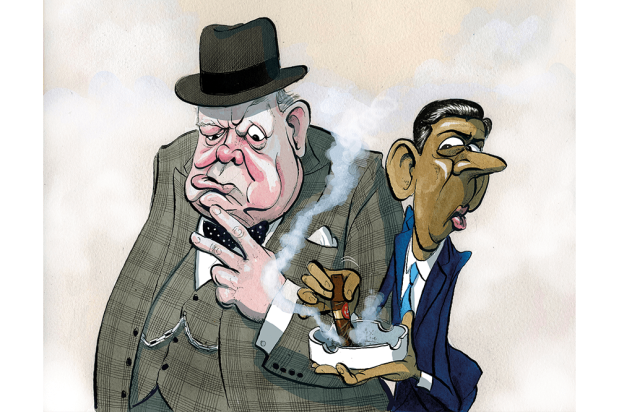
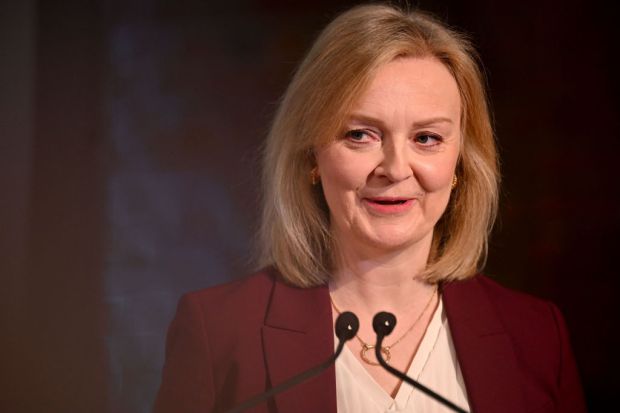
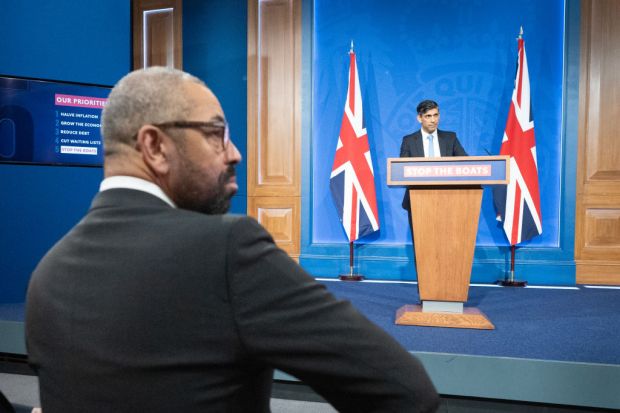












Comments
Don't miss out
Join the conversation with other Spectator Australia readers. Subscribe to leave a comment.
SUBSCRIBEAlready a subscriber? Log in